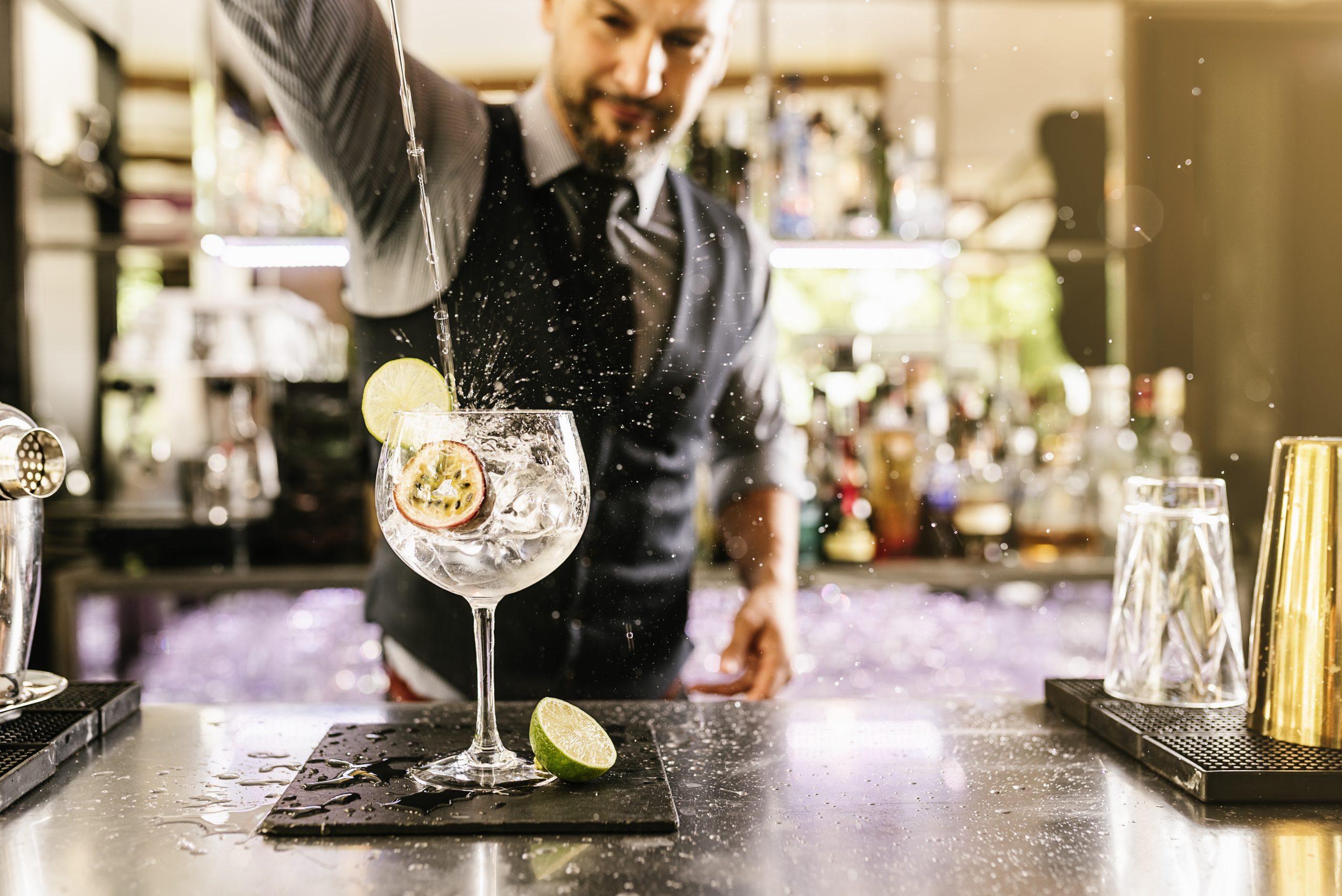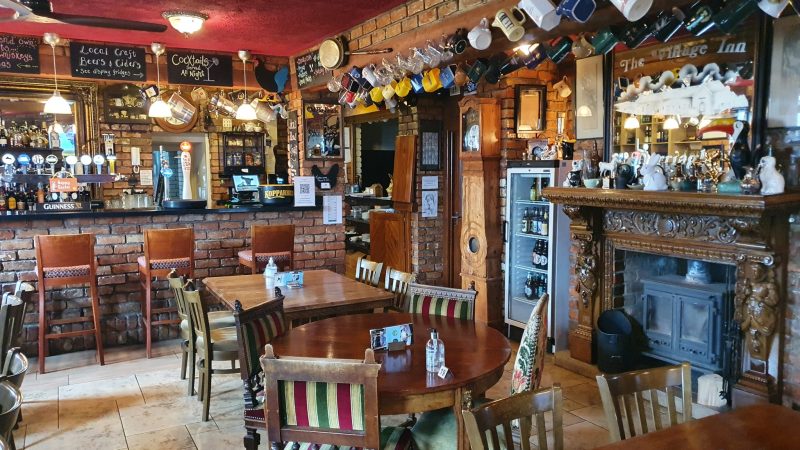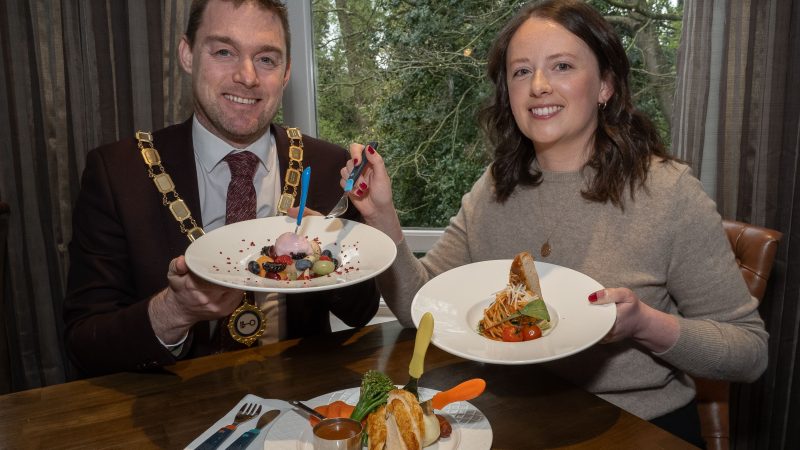UK toasts record gin sales ahead of World Gin Day

Brits bought a record breaking 83 million bottles of gin last year worth over £2.6 billion pounds*
Covid-19 outbreak sees British drinkers head online – gin is reported to be Britain’s best-selling spirit across online platforms in lockdown
Last year saw over 83 million bottles of gin sold in the UK worth around £2.6 billion, with gin sales almost doubling in value in just two years.
And despite the ongoing lockdown, Brits still can’t get enough gin – the latest reports show that gin is the best-selling spirit for online shoppers since March.
The WSTA’s latest insights suggest we will be well-stocked to raise a toast on World Gin day this Saturday.
To mark this day of celebration, the WSTA has chosen to look back at how sales of the quintessentially British spirit have evolved.
The growth in gin sales began to emerge in 2013 when British consumers started to show renewed interest in the juniper-based spirit.
Over the next three years sales continued to grow at a steady pace enticing entrepreneurs to invest in artisanal brands leading to an explosion in new distilleries springing up across the country.
In 2013 there were 152 distilleries in the UK, 96 of those were in Scotland. Fast forward to latest numbers from 2019 and there are at least 441 distilleries – and astonishingly it’s England which now boasts the largest number distilleries, although Scotland still has some of the largest.
By 2016 gin was experiencing double-digit growth in both volume and value sales, with 2018 seeing a peak growth period where volume sales were up 42% and value sales a staggering 50%.
Last year, gin sales continued to grow, albeit at a slower pace, as drinkers spread their experimental wings and tried an even greater array of spirits and cocktails, thanks in large part to continued innovation from our great British distillers, who’ve given consumers a wider spirit choice than ever before.
The interest in British gin, which has been dubbed the ‘ginaissance’, has helped to fund new forays into spirit-making, with high-quality English and Welsh whisky and rums coming onto the market in recent years.
According to latest HMRC figures, we exported £672 million worth British gin in 2019, taking total gin sales, at home and abroad, to over £3.2 billion.
When it is time to reflect on gin sales in 2020 it will be interesting to see how the category has fared after UK pubs, bars and restaurants were forced to shut overnight following the Coronavirus pandemic.
What is clear, however, is that lockdown hasn’t dulled our enthusiasm for this most British of spirits – a CGA snap survey at the end of March revealed that gin was the most popular spirit being bought online, and behind only wine and beer as our most popular digitally-secured tipple.
Miles Beale, Chief Executive of the Wine and Spirit Trade Association, said:
“Gin sales continued to grow throughout 2019 despite a number of predictions that the bubble will have to burst soon.
“We knew that growth in the gin category would slow eventually, it was always inevitable given the incredible numbers we were seeing from 2016 onwards. We remain optimistic that British gin will continue to create a stir at home and abroad as our innovative distillers continue to produce new colours, creations and botanical masterpieces.
“Online demand for gin has outstripped all others in the spirit category during the lockdown of the last few months, and provided that SMEs can survive the ongoing economic uncertainty wrought by the Coronavirus pandemic, it’s clear that gin’s success can be maintained at home and replicated abroad as our distillers look to export.
“British spirits are world renowned. Provided our SMEs can survive the current economic uncertainty there is potential – and significant motivation – to build UK spirits exports. But, this will need the right Government support, especially for SME distillers. We believe British gin exports could be a tonic for British SMEs post-pandemic recovery.”







